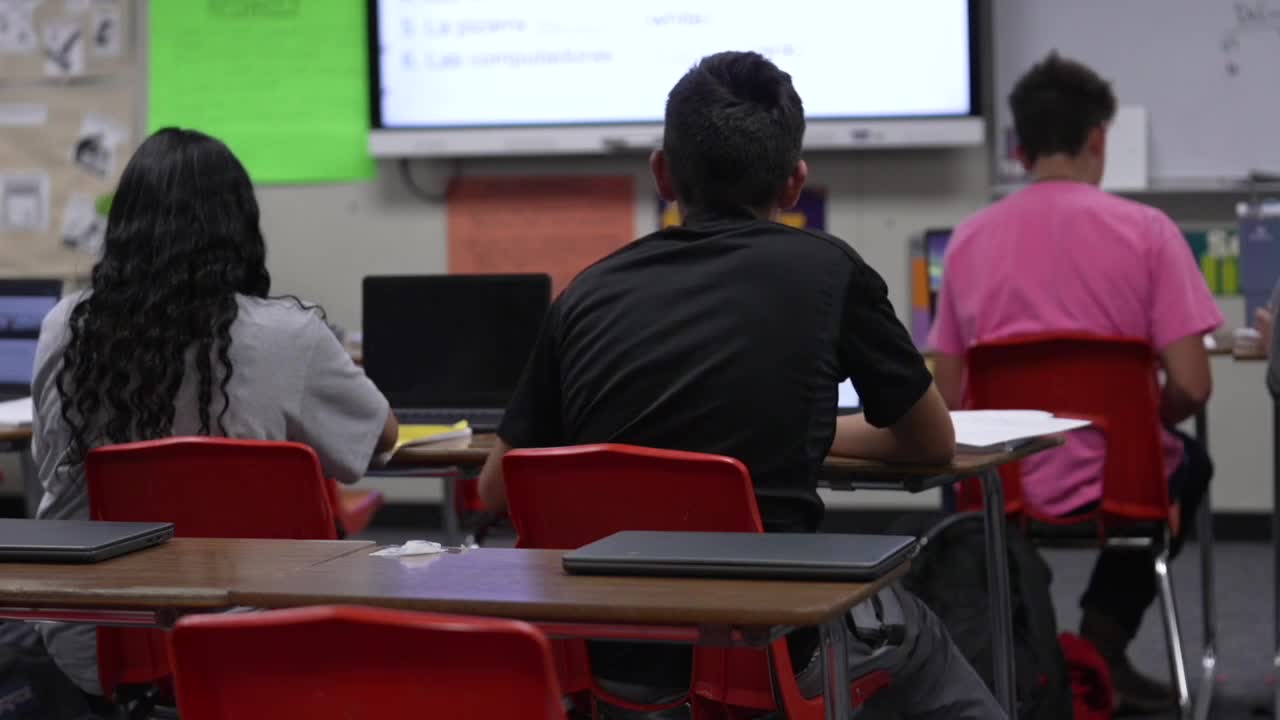PHOENIX — A Maricopa County judge has sided with schools in a years-long lawsuit over how Arizona funds K-12 school facilities, ruling the system violates the state Constitution.
Arizona’s public-school capital finance system does not satisfy the constitutional minimum standards, Superior Court Judge Dewain Fox wrote in a decision released Wednesday.
Danny Adelman, executive director of the Arizona Center for Law in the Public Interest, the nonprofit law firm that filed the case, called it a historic ruling.
“It holds that the way that Arizona funds the capital needs of public schools is unconstitutional,” he told ABC15.
The Arizona Constitution requires the Legislature to appropriate enough to pay for the “proper maintenance” of educational institutions and also pay for their development and improvement.
“You know, the Legislature has a job to do, and the court is telling it, ‘You need to do your job. You need to fix this,’” Adelman said.
The judge pointed to a long list of items and projects that the four school districts that sued cannot afford, including out-of-date chemistry textbooks that are 15 years old, weatherization needs and air-conditioning problems in the Chino Valley Unified School District.
Leaking windows and fire alarm problems in Chino Valley
Cindy Daniels, the district’s superintendent, told ABC15 they still have nine major projects awaiting funding.
“We have leaking, aging windows in three of our four facilities, and all the sealant that keeps those pains together is asbestos-based,” she said.
The most glaring, Daniels said, is a fire alarm project at Chino Valley’s high school, where the fire panel goes down on a regular basis.
“We have to hire somebody to walk around and watch the campus, called Fire Watch, for smoke or potential hazards related to fire,” she said. “That's not meeting the minimum standard in Arizona.”
The district in Chino Valley, which is just north of Prescott, received funding for an HVAC project several years ago, but it won’t be finished for another eight or nine months, Daniels said.
Districts with bonds and overrides "being left behind"
Daniels said her district must rely on state funding because bonds haven't passed in Chino Valley in decades.
"It’s sad, I think ... that in Arizona, school districts have to sue their own state to receive the funding of voters that they're entitled to,” she said.
The Arizona Constitution requires a “general and uniform” school system, Fox wrote in his decision. But the funding system state lawmakers have chosen causes “substantial disparities” between school districts that can raise local funds through bonds and overrides and those that cannot, he wrote.
“If you live in a district with a lot of property wealth and voters who will pass bonds and overrides, your kids probably have a nice school with everything they need for the basics,” Adelman said. “If you live in a property-poor area, you're just being left behind.”
The state agency that funds school repairs, he said, is already out of money, adding that there are more projects than the fund has money for.
Adelman said the judge's ruling will also benefit affluent districts that can pass bonds.
"It is very unfair to the voters, even in those districts that have a lot of wealth, that they have to use so much of their local money for what is a state responsibility," he said.
Case won't be resolved soon
Four school districts – Chino Valley Unified, Elfrida Elementary, Crane Elementary and Glendale Elementary – three statewide groups representing schools and educators and an Arizona taxpayer sued the state in 2017 over the constitutionality of the funding for school facilities.
The Arizona School Boards Association, which provides training to public-school districts, is one of the three statewide groups that sued. Executive Director Ellen White told ABC15 that Fox’s decision is progress, but the work isn’t done.
“We're going to continue to partner with school districts, policy makers and communities to make sure that this ruling ... translates into real changes for our students in Arizona,” she said.
But parents shouldn’t expect to see any immediate changes.
Fox’s 114-page decision comes more than a year after a 14-day trial in 2024, and his final judgment isn’t expected for several more months.
And the Arizona Senate president and House speaker both told ABC15 they plan to appeal.
“We disagree with the ruling and intend to appeal,” House Speaker Steve Montenegro, a Republican from Legislative District 29, wrote in a brief statement.





